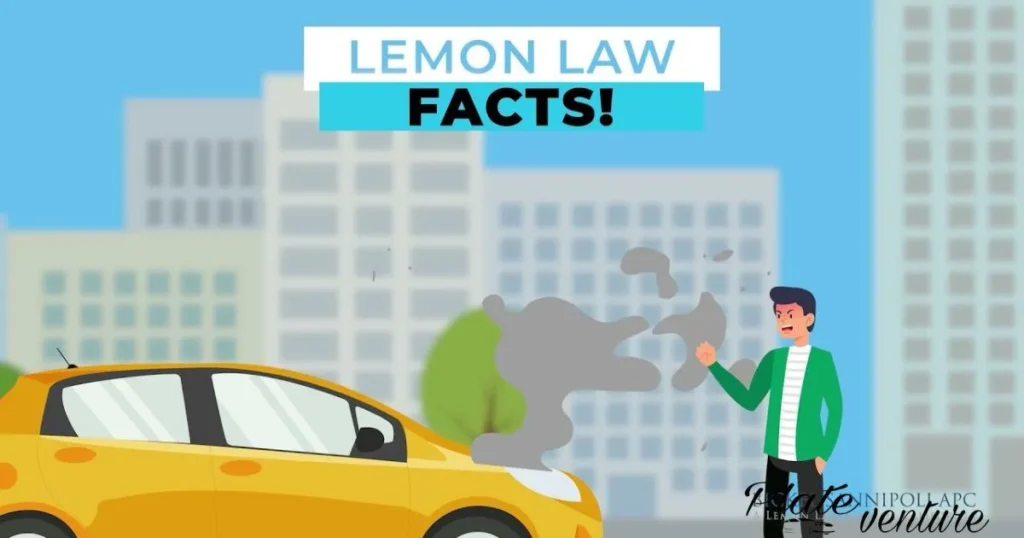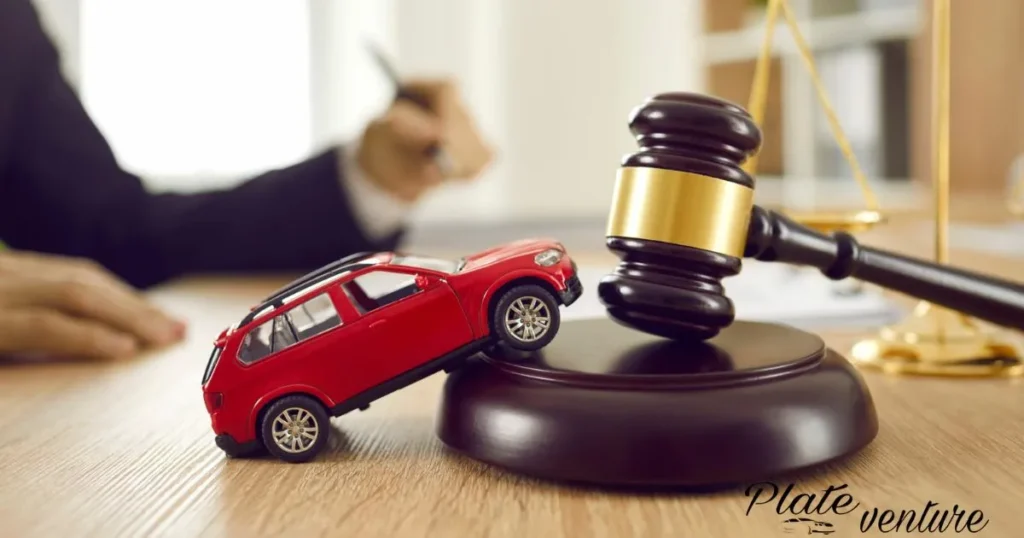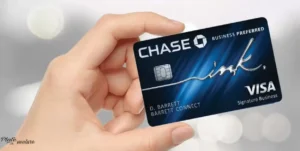Lemon law is a law that helps customers. It protects them from cars with many problems. It allows refund or replacement for new cars with issues. But does this same law apply to used cars bought from dealers?
Does lemon law apply to used cars? This is an important question for anyone buying a pre-owned vehicle from a dealership. While lemon laws were created to protect new car buyers, there is sometimes protection for used car buyers as well.
Whether lemon law applies to used cars depends on the state. In some states, if a used car dealer gives a written warranty, the vehicle is covered under lemon law for the warranty period. This allows buyers to return the car for a refund if there are continuous unfixed problems. But private used car sales between individuals typically are not covered by lemon laws.
Lemon Lawyer Say About Used Car Protections
A lemon lawyer says that used car protections depend on the state. Some states have lemon laws that cover used vehicles. If a dealer gives a warranty for a used car, that vehicle may be covered by lemon laws. This gives buyers rights if the car has repeated problems. Not all states protect used car buyers like new car buyers though. A lawyer can review your state’s specific lemon laws.
Does Arbitration Prevent Used Car Lemon Law Claims?
Some dealers require arbitration instead of lawsuits. A lemon lawyer explains that arbitration clauses do not always block lemon law claims. In many states, lemon laws override arbitration requirements. This allows issues to still be addressed in court if needed despite an arbitration agreement. Consumers retain full lemon law protections.
Can a Dealer Void the Implied Warranty on a Used Car?
An implied warranty protects against defects from the start. A lemon lawyer says dealers cannot void this for used vehicles simply by disclaiming warranties. Remove Rust From A License Plate Written disclaimers alone may not stop implied warranty coverage or lemon law rights if a problem existed when sold. The vehicle must have been fit for driving as is when the buyer purchased it.
Kind of Paperwork is Needed From a Used Car Dealer
| Paperwork | Description |
| Used Vehicle Contract | Lists price, vehicle details, buyer/seller info, terms of sale. |
| Warranty Documents | If dealer provided any written warranties for the used car. |
| Repair Receipts | Documents all repair attempts submitted to fix defects. |
| Correspondence | Letters to/from dealer about issues, requests for repairs. |
| Inspection Records | Reports from dealer inspections before sale. |
| Loan/Lease Agreement | Financing contracts if vehicle wasn’t purchased outright. |
| Odometer Statement | Verifies mileage at time of sale. Important for lemon laws. |
| Pre-Sale Condition Report | Details vehicle’s appearance/problems known before purchase. |
This paperwork substantiates any subsequent lemon law claim by demonstrating defects, repair attempts, and dealer communication.
How Long Does a Used Car Buyer Have to File a Lemon Law Claim?

Different states have various deadlines for used car lemon claims. A lemon lawyer advises buyers to act quickly if vehicle problems do not get fixed. Many states require lemon law actions within 3 months or less from the original date of delivery. Missing deadlines can result in losing further lemon law options to return or replace the vehicle.
When Should You Contact a Used Car Lemon Lawyer?
A buyer should contact a used car lemon lawyer when issues become persistent and seem beyond minor. An attorney can assess rights and potential case strength. They may send a demand letter requesting immediate resolution or advise on next steps. Waiting too long risks losing leverage as time passes. Consulting counsel early is best.
Does The Odometer Affect Used Car Lemon Law Coverage?
Most states limit lemon laws to used cars under a certain mileage, like 100,000 miles. A lemon lawyer explains this ensures only lower mileage pre-owned vehicles are covered to avoid litigation over higher mileage cars. Coverage depends on written warranties, contract terms, and a vehicle’s actual condition regardless of its odometer reading.
Do Minor Issues Matter For Used Car Lemon Law?
Only major defects trigger used lemon laws, not small complaints. A lawyer separates major from minor to determine coverage. Issues like transmission failures or blown engines are likely covered, while hairline cracks or worn upholstery generally are not. The problems must substantially impair the vehicle’s use, safety, or value to qualify.
Problems Trigger Used Car Lemon Law Rights
5 short tips on problems that can trigger used car lemon law rights
- Transmission faults – If the transmission slips gears or fails to shift properly, it’s a major defect.
- Engine problems – Any issues like hesitating, knocking, or excess oil consumption could be grounds for a claim.
- Brake failures – Brakes that don’t engage fully or wear out too fast pose a safety hazard.
- Electrical glitches – Continual shorts, battery drain, or faulty sensors may rise to a lemon level.
- AC/heat issues – Heating or cooling systems not keeping temperatures as intended qualify if repairs don’t fix them.
Can Non-Safety Issues Be Covered Under Lemon Laws?
While safety problems clearly fit, non-safety defects can also qualify a used car as a lemon. A lawyer evaluates how seriously issues interfere with the vehicle’s use. Repeated transmission problems forcing the owner to spend time and money at repair shops for example may rise to the level of a lemon. Functional concerns are just as important as safety under used car lemon laws.
How Does the Mileage Impact a Used Lemon Law Claim?
Mileage is very important because states limit lemon law coverage to lower mileage used cars. A lawyer checks the odometer to ensure it meets the state’s threshold, commonly under 100,000 miles. Higher mileage cars face an extra burden to prove the defect existed at sale rather than developing later due to age and driving miles.
Does the Dealer’s Location Affect Used Car Protections?
Laws differ depending on the dealership’s location. A consumer must check lemon law coverage for their state, not the dealer’s. Even if purchased across state lines, the buyer’s home state laws typically govern remedies. Small border differences exist but rights generally apply wherever the buyer resides, not wherever the dealer operated from.
What Kind of Fees May a Lemon Lawyer Charge?
Most lemon lawyers work on a contingency fee basis, only charging if successful. Typical fees range from 25-40% of any money damages awarded to the client. Some charge flat fees instead. Upfront retainers are rare for lemon law matters since the attorney’s fees come from the settlement or award. Buyers avoid expensive hourly fees this way.
How Long Does a Typical Used Lemon Law Case Take?
If settled out of court, a used lemon law case may take 3-6 months on average from initial consultation to resolution. Cases going to trial can take 9-12 months due to court scheduling delays and other factors. An attorney works quickly as possible to reach settlement and return the lemon vehicle.
Can a Used Car Buyer Win Money Damages?
Yes, used car lemon laws may provide money damages for out of pocket costs like repairs, car payments, and incidental expenses caused by the defect. This could include alternate transportation fees if the car was unreliable. Damages exist to fully compensate for the trouble of a true lemon vehicle.
What Qualifies as a Warranty Under Used Car Lemon Laws?
A lemon law warranty refers to implied warranties and any written warranties provided by the dealership. An implied warranty covers defects present at sale while written warranties involve problems arising later. As long as either type of warranty existed, lemon laws may apply up to the warranty limit.
Does It Matter If I Bought From a Dealer or a Private Seller?
Lemon laws only regulate dealer-sold used cars. Private party sales are not included. Unless a private seller provided a written warranty, lemon laws do not cover these transactions. Dealer warranties trigger additional legal protections for used car buyers not found in individual sales.
Do I Need Repair Receipts for a Used Car Lemon Law Case?
Yes, copies of all repair receipts submitted to the dealer are necessary to prove defects and unsuccessful repairs if filing a lawsuit. These substantiate the claim that the vehicle repeatedly failed. For quick settlements, a lawyer may initially proceed on just a client affidavit pending receipt of receipts.
At What Point Is a Used Car Considered a Lemon?
Most states define a lemon as a used vehicle plagued by defects that could not or have not been repaired after a reasonable number ofattempts. A lawyer weighs the specifics of each case but generally at least 3-4 repair attempts for the same issue makes a strong lemon law argument in used vehicles.
Can a Used Car be Repossessed Under Lemon Laws?
Yes, as a last resort remedy, lemon laws may allow repossession and cancellation of a used car sale contract for serious flaws. The buyer returns the defective vehicle in return for all payments and related expenses refunded by the dealer. This levels the playing field between dealers and frustrated used car customers.
Should You Hire a Lawyer for a Used Car Lemon Law Claim?

It’s a good idea to contact an attorney experienced in lemon laws at the first signs of persistent problems. While some states allow self-filing, an attorney knows the law and enforcement processes. They send demand letters, negotiate stronger settlements, and pursue claims that go to trial. Lawyers greatly improve the chances of success.
Will A Lemon Lawyer Work On Contingency?
Most lemon lawyers work on a contingency basis, which means they only charge a fee if they achieve a refund, new car replacement, or other benefit for the client. This makes representation affordable for most people the attorney helps. Upfront fees are not required with reputable lemon law counsel.
What Should I Do If My Used Car Keeps Breaking Down?
Keep records of each repair attempt – receipts, correspondence, estimates, rental car fees, towing bills, and more. Contact the selling dealer to demand resolving problems promptly. After reasonable repair chances, consult a used car lemon lawyer within deadline timeframes to explore legal options like lemon law rights or breach of warranty claims.
How Quickly Do I Need To Report Used Car Issues?
State lemon laws have notice periods, often 30 days, requiring buyers promptly inform dealers of defects. Missing deadlines risks losing claims. But with persistent problems, any repair attempt, complaint letter or phone call serves notice as long as the dealer knows about issues. Seek legal help within 3 months to preserve rights.
What Are My Options Besides A Lemon Law Claim?
Alternatives could be small claims court for warranty or contract disputes, or negotiating directly with insurers on extended warranty denial appeals. Breach of warranty lawsuits represent used car issues too. While lemon laws distinctly benefit buyers of defective models, other legal angles also pursue fair resolutions when vehicles fail persistently and early in ownership.
Frequently Asked Question
What Is Considered A Major Defect?
Problems that impair safety or substantially reduce value or use.
How Many Repair Attempts Are Needed?
Typically 3-4 unsuccessful tries to fix the same issue are sufficient.
Does High Mileage Disqualify Cars?
Most state lemon laws limit coverage to used vehicles under 100,000 miles.
When Should I Contact A Lawyer?
Upon persistent unresolved defects within statutory timeframes.
Can Private Sales Be Covered?
No, lemon laws usually only regulate dealer sold used vehicles.
Conclusion
In many states, the answer to “Does lemon law apply to used cars?” is yes, if certain conditions are met. Namely, laws typically provide protections for lower-mileage used vehicles purchased from dealers when accompanied by a written warranty. Coverage varies based on the state’s specific statutes, however lemon laws generally aim to balance fairness for both buyers and sellers of pre-owned vehicles.
While issues must rise above minor complaints to qualify, these regulations work to give recourse to consumers saddled with a demonstrably defective used purchase beyond their control. Overall, whether lemon law rights extend to a particular used car comes down to an analysis of the individual circumstances and location.
An experienced local attorney can best determine if a case may warrant compensation under these guidelines. But by documenting problems and giving the dealer a chance to rectify the defective vehicle, buyers provide themselves the best opportunity to cite lemon laws if the matter cannot be informally resolved to satisfaction. In many instances, these laws serve their intent of remedying true “lemons” in the used car marketplace.








